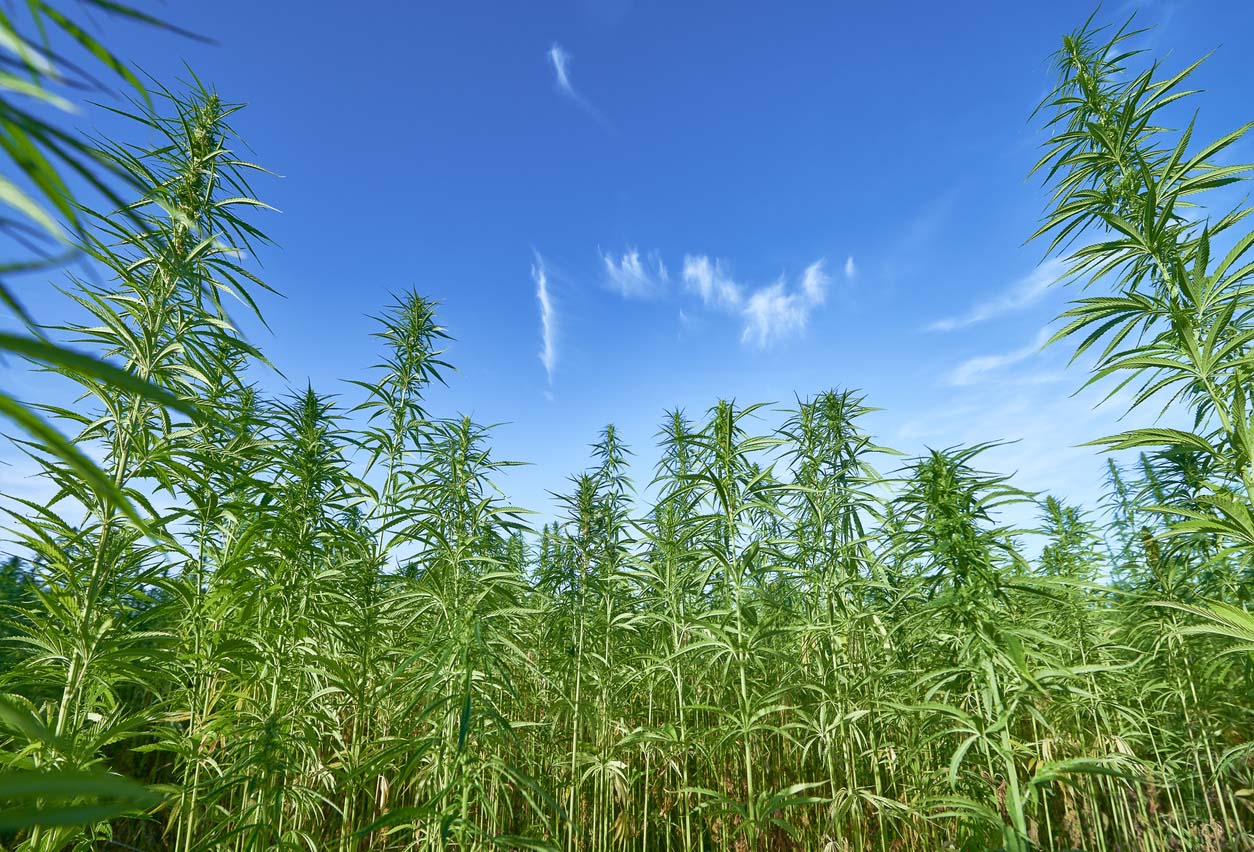
Hempcrete, made from the woody core of the industrial hemp plant, is a sustainable and eco-friendly building material that has been gaining popularity in recent years. Hempcrete is a mixture of hemp shiv, lime, and water that is used as insulation and structural material in building construction. Due to its numerous advantages, hempcrete is increasingly being adopted as a viable alternative to traditional building materials. In this article, we will explore hempcrete best practices, sustainable techniques for building with hempcrete, and its benefits compared to traditional building materials.
Why Choose Hempcrete for Building?
Hempcrete is a sustainable building material that offers several advantages over traditional building materials. Firstly, hempcrete is carbon-negative, meaning that it absorbs more CO2 from the atmosphere than is produced during its production and use. Secondly, hempcrete is a natural insulator with excellent thermal properties, which reduces the need for additional insulation. Hempcrete also has a high thermal mass, which means it absorbs and releases heat slowly, helping to maintain a comfortable temperature inside a building. Finally, hempcrete is breathable, which means it allows moisture to escape, preventing the buildup of mold and rot.
Materials Needed for Hempcrete
To make hempcrete, you will need industrial hemp shiv, lime, and water. Industrial hemp shiv is the woody core of the hemp plant, which is ground into small pieces and used as the aggregate in hempcrete. Lime is used as the binder in hempcrete, and it is available in several forms, such as hydrated lime, quicklime, and natural hydraulic lime. Water is used to mix the hempcrete and activate the lime. Other optional materials that can be added to hempcrete include sand, clay, and natural fibers such as hemp or straw.
Mixing Hempcrete: Best Practices
Mixing hempcrete is a critical step in the building process, and it requires attention to detail to ensure a high-quality result. The best practice is to mix the hemp shiv and lime together dry and then add water gradually until the desired consistency is achieved. It is essential to ensure that the lime is fully hydrated to prevent cracking and to achieve maximum strength. The ideal consistency of hempcrete is like wet snow, where it can be formed into a ball and hold its shape. A mixer is recommended for large-scale projects, but smaller batches can be mixed by hand.
Preparing the Site for Hempcrete
Preparing the site for hempcrete involves several steps, including excavation, foundation preparation, and insulation installation. The site must be level and free of debris, and the foundation must be stable and able to support the weight of the hempcrete. A vapor barrier is necessary to prevent moisture from entering the structure. Hempcrete is typically installed as an infill between timber framing, so the timber structure must be in place before hempcrete installation can begin.
Building with Hempcrete: Techniques
Building with hempcrete involves several techniques, including the use of formwork, tamping, and curing. Formwork is used to shape the hempcrete into walls or other shapes, and it must be strong enough to support the weight of the hempcrete. Tamping is an essential step in the installation process, where the hempcrete is compressed to remove any air pockets and ensure that it is fully compacted. Curing is an important step in the building process, where the hempcrete is left to dry and harden before any finishing work is done.
Maintaining Hempcrete Structures
Maintaining hempcrete structures is relatively straightforward compared to traditional building materials. Hempcrete is resistant to pests, fire, and decay, and it does not require any toxic chemicals for treatment. However, like any building material, it is essential to keep the structure clean and free of moisture. Any leaks or cracks must be repaired promptly to prevent water damage.
Benefits of Hempcrete: Sustainability
Hempcrete is a sustainable building material that offers several advantages over traditional building materials. Firstly, hempcrete is carbon-negative, meaning that it absorbs more CO2 from the atmosphere than is produced during its production and use. Secondly, hempcrete is a natural insulator with excellent thermal properties, which reduces the need for additional insulation. Hempcrete also has a high thermal mass, which means it absorbs and releases heat slowly, helping to maintain a comfortable temperature inside a building. Finally, hempcrete is breathable, which means it allows moisture to escape, preventing the buildup of mold and rot.
Hempcrete vs. Traditional Building Materials
Compared to traditional building materials such as concrete, hempcrete offers several advantages. Hempcrete is lighter, more flexible, and has better insulation properties than concrete. Hempcrete is also breathable, meaning it allows moisture to escape, while concrete traps moisture, leading to mold and rot. Hempcrete is also carbon-negative, while concrete is a significant contributor to greenhouse gas emissions.
Hempcrete in Energy-Efficient Construction
Hempcrete is an ideal building material for energy-efficient construction. Hempcrete has excellent insulation properties, which reduces the need for additional insulation. It also has a high thermal mass, which means it absorbs and releases heat slowly, helping to maintain a comfortable temperature inside a building. Hempcrete is also breathable, which means it allows moisture to escape, preventing the buildup of mold and rot.
Cost Considerations for Hempcrete Building
The cost of building with hempcrete can be higher than traditional building materials due to the limited availability of hempcrete products and the additional labor required for installation. However, the initial costs can be offset by the long-term savings in energy costs, reduced maintenance, and the sustainability benefits of hempcrete.
Regulations and Standards for Hempcrete
Hempcrete is a relatively new building material, and there are currently no specific regulations or standards for its use in building construction. However, hempcrete buildings are subject to the same building codes and regulations as traditional buildings, and it is essential to ensure that the structure meets all safety and building standards. It is also essential to work with a qualified contractor with experience in building with hempcrete.
Hempcrete is a sustainable and eco-friendly building material that offers several advantages over traditional building materials. Its excellent insulation properties, carbon-negative footprint, and breathable nature make it an ideal choice for energy-efficient construction. While the initial costs of building with hempcrete may be higher, the long-term savings in energy costs and reduced maintenance make it a cost-effective option. As the demand for sustainable building materials grows, hempcrete will undoubtedly become an increasingly popular choice for builders and architects.













